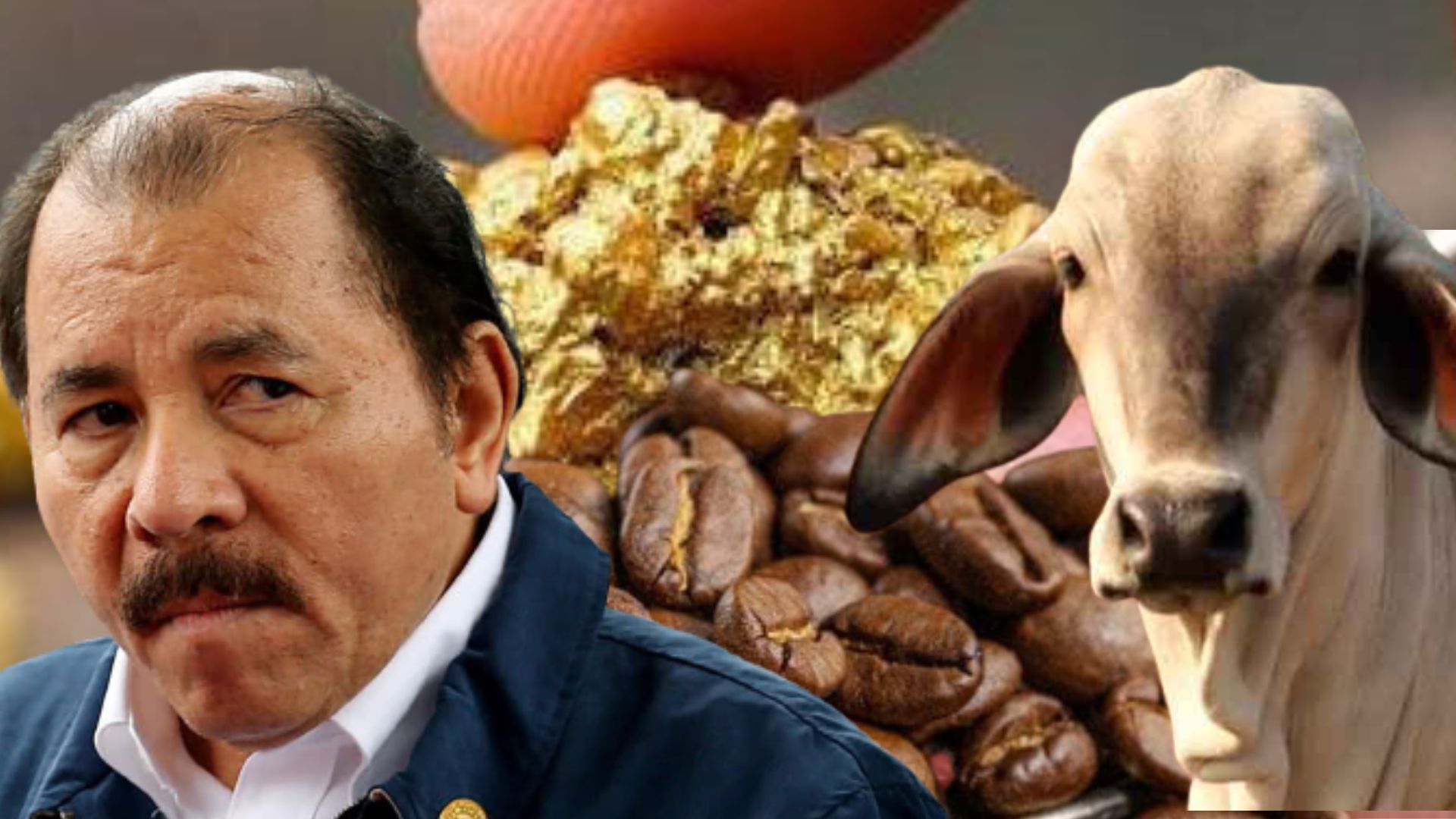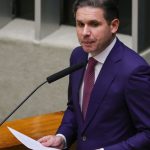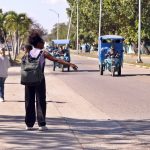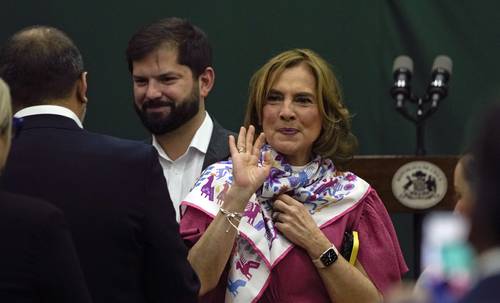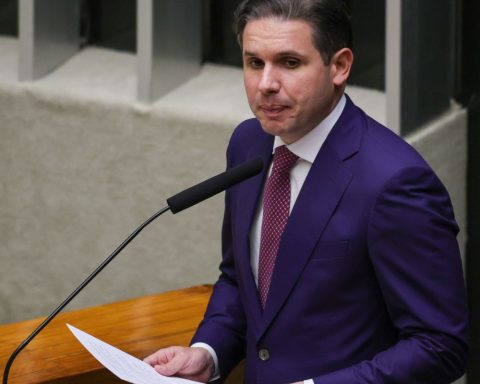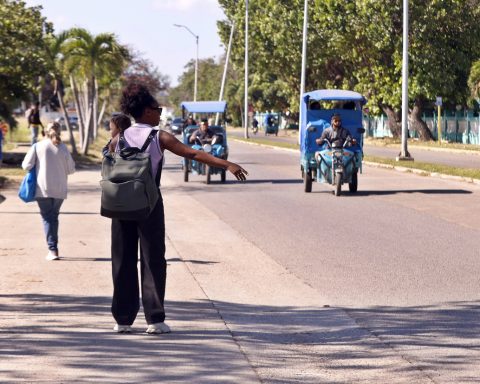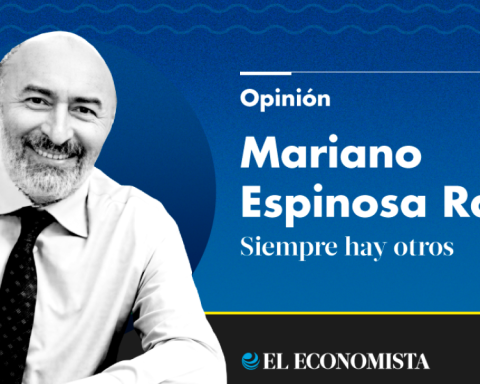Economist and businessman Roberto D’Andrea affirms that the United States’ measure of sanctioning the gold business in Nicaragua might not have great losses, but it does predict more pressure on other sectors such as coffee or beef, which are currently among the main export items of the country.
«What is going to happen is that the legal export of gold is going to be replaced by the illegal export, as Venezuela was doing because there are countries that can lend themselves to that. The truth is, I don’t see a drastic change in gold exports in Nicaragua, nor a change in income because many people want gold and buy it,” explained the businessman in an interview for the NOW podcast on Article 66.
Related news: Why did the US sanction the gold business in Nicaragua? Here the reasons
«What is going to happen with gold is the same as what happened with oil, it is only going to change markets, other countries and gold is much easier to place. The measure is not so drastic unless more countries join in saying that they do not want Nicaragua’s gold, then it will be difficult to place it in formal exports,” D’Andrea continued.
The economist assures that not only gold could be punished by the North American country, but that within a time the United States could add primary export products such as coffee and meat to the list of sanctions. “The population is going to suffer because there is going to be less money in circulation and less economic activity,” he said.
The US administration will prohibit its citizens from doing business with the Nicaraguan gold industry as a measure to put pressure on the Daniel Ortega dictatorship. It will be in force through an executive order that President Joe Biden will sign in the coming days.
Related news: The US will prohibit business with Nicaraguan gold
The US executive order declares that the violations of democratic norms in Nicaragua, the attacks against the rule of law and the use of violence against opponents is a threat to the national security of the United States.
These actions take place in a context of greater isolation of the Nicaraguan dictatorship from the international community when it has strained diplomatic relations with the European Union, the Netherlands and the North American country. Also, the way is opened for the Biden government to block investments and trade with Nicaragua.
The United States has established itself over the years as Nicaragua’s main trading partner, all this despite the policy of verbal attacks and diplomatic outbursts that the Ortega-Murillo regime has maintained since coming to power in 2007.
